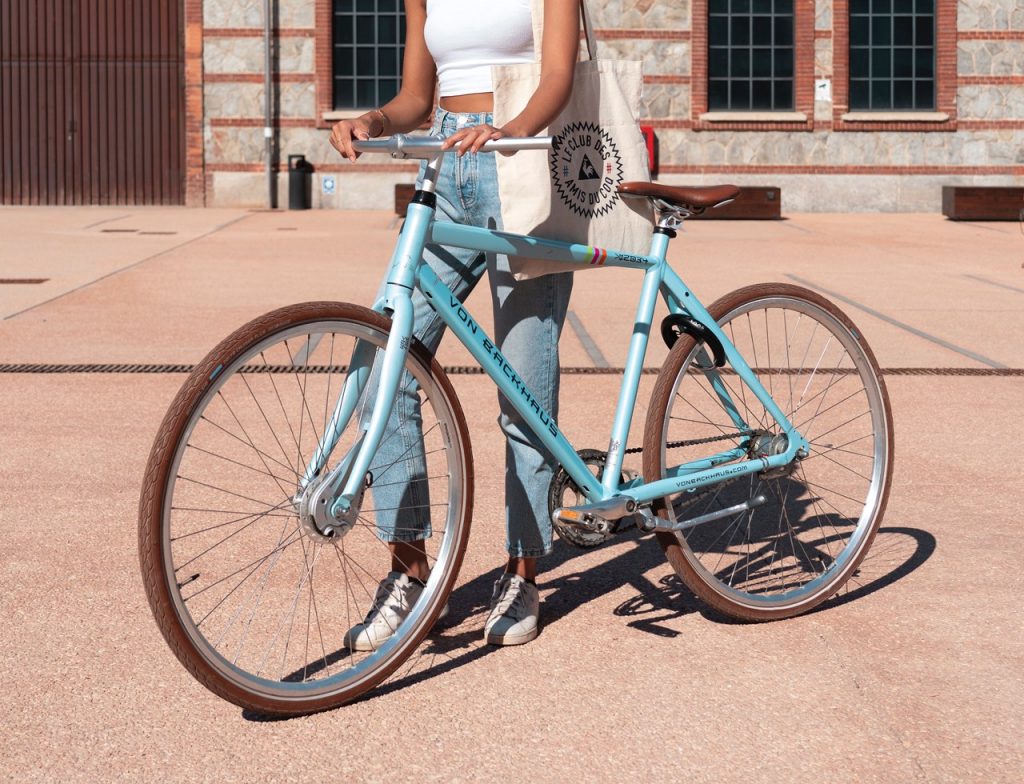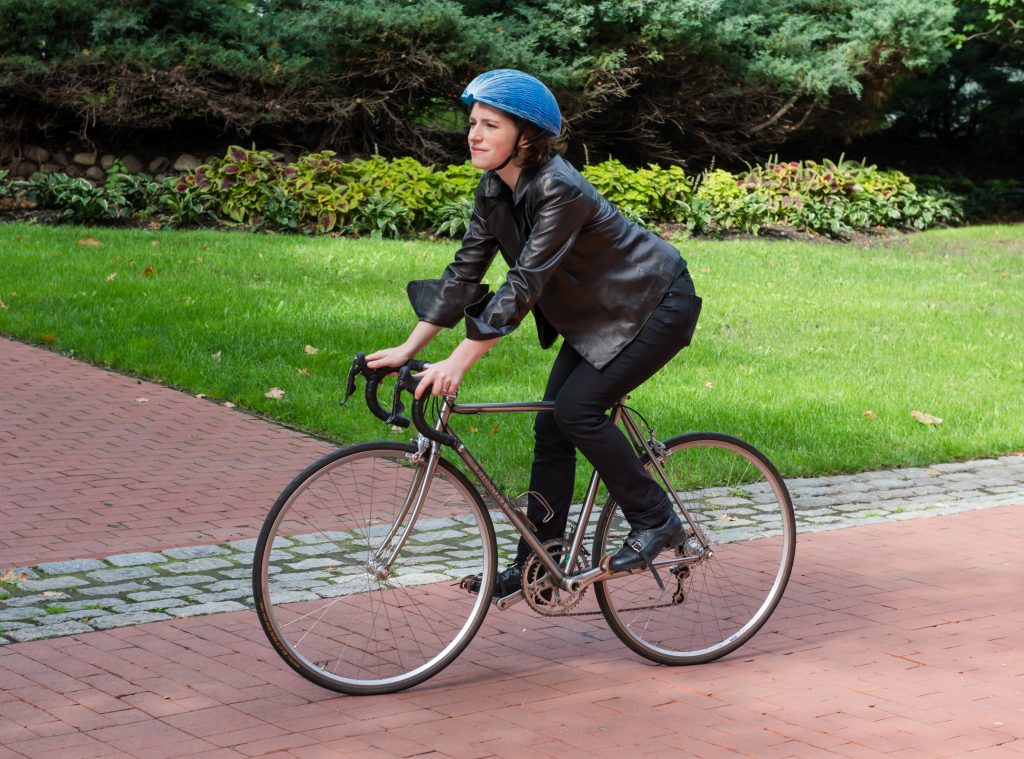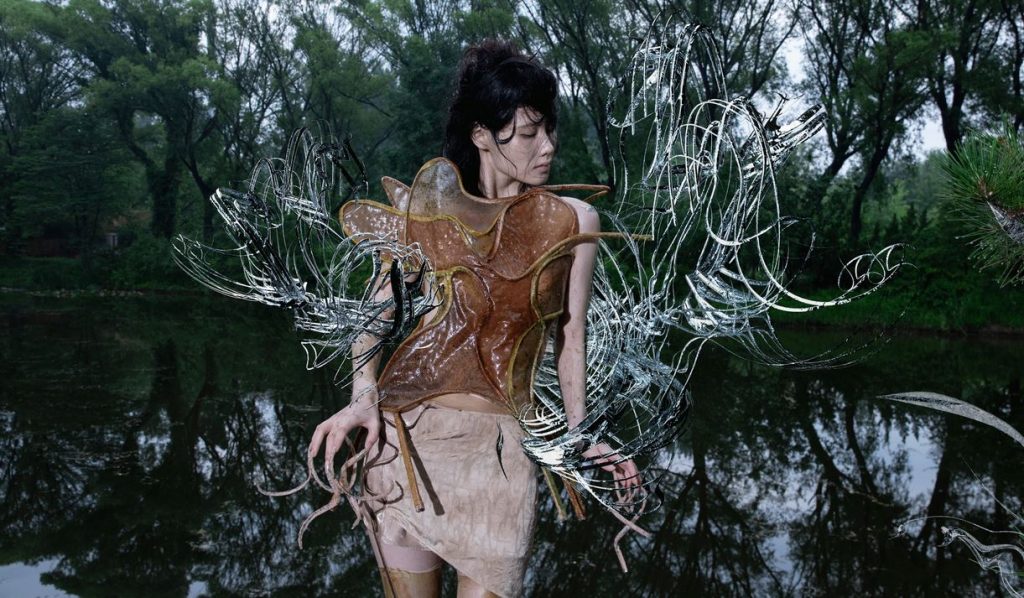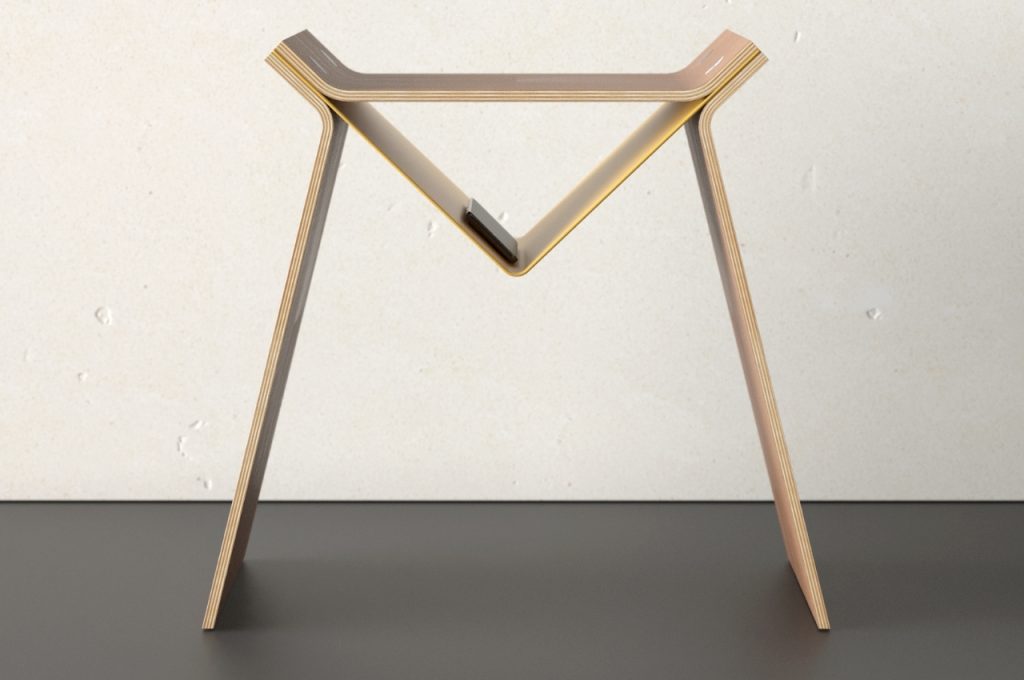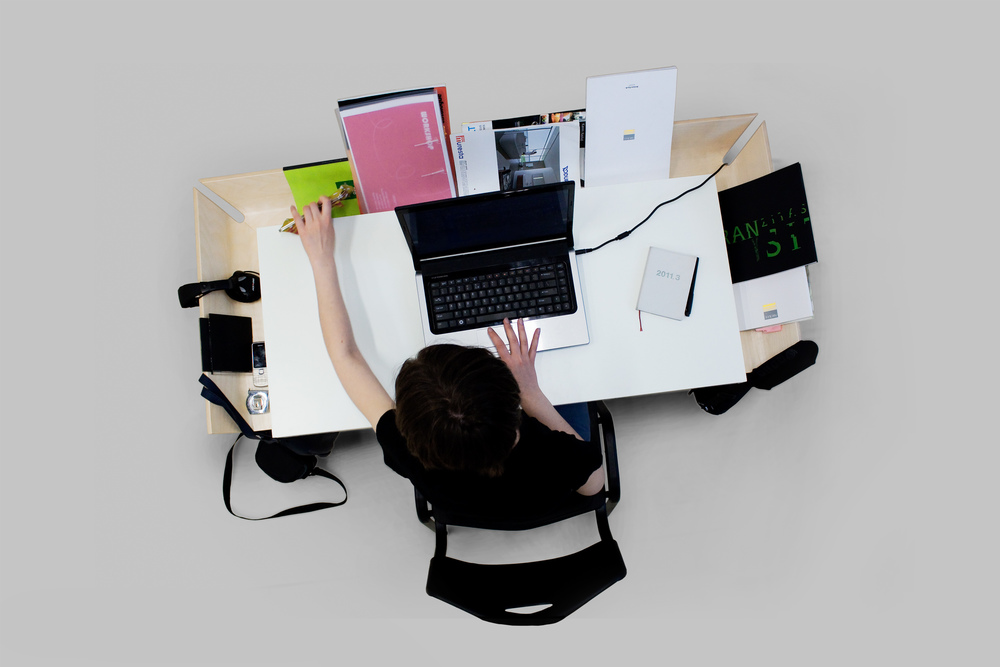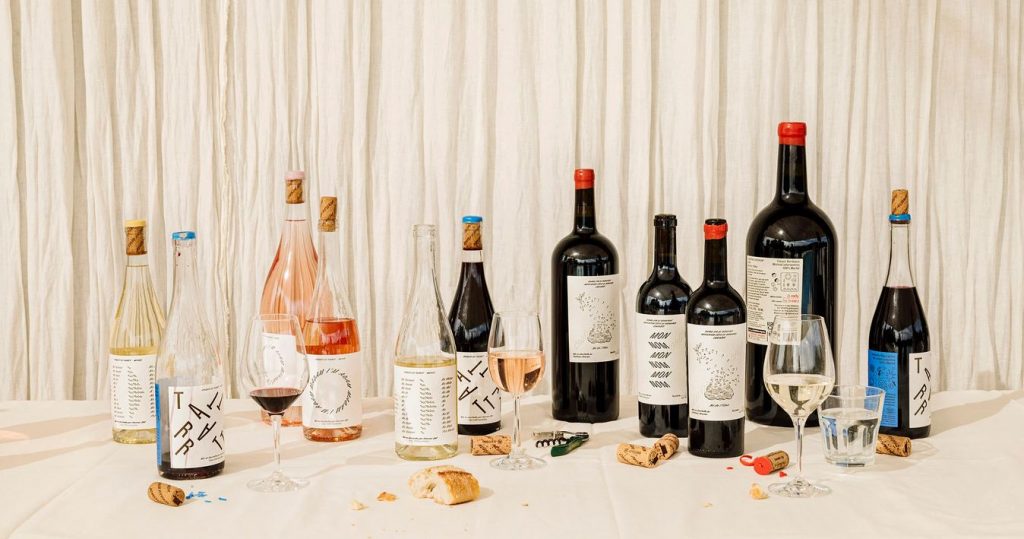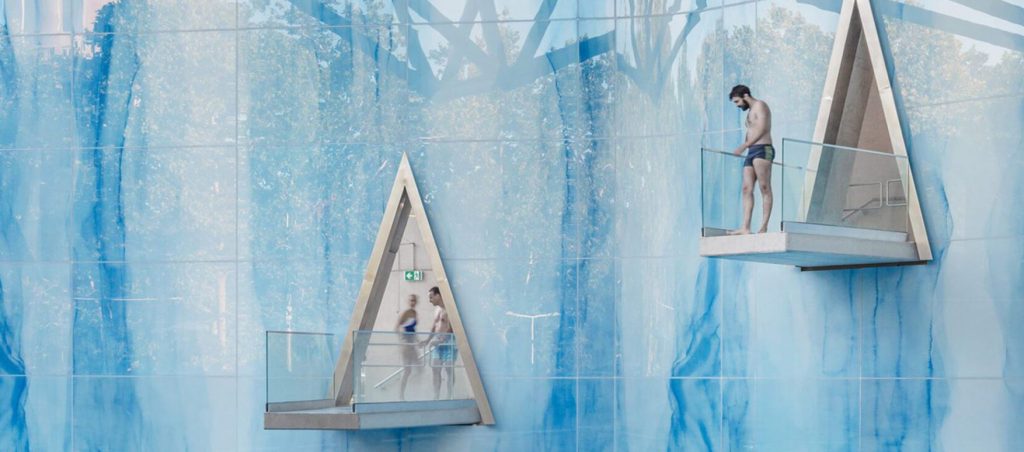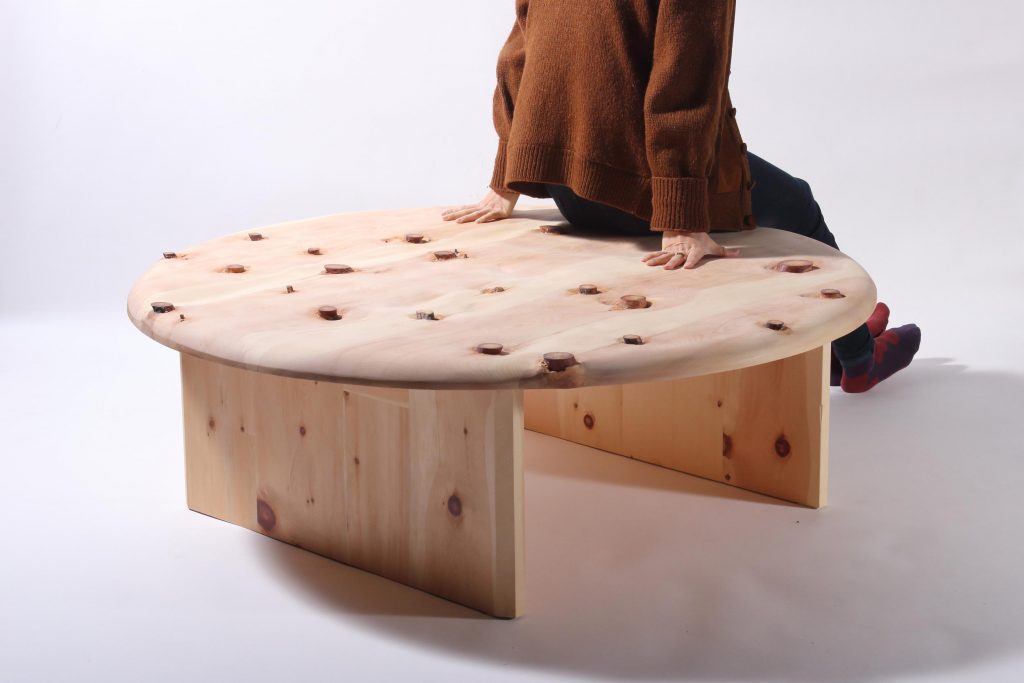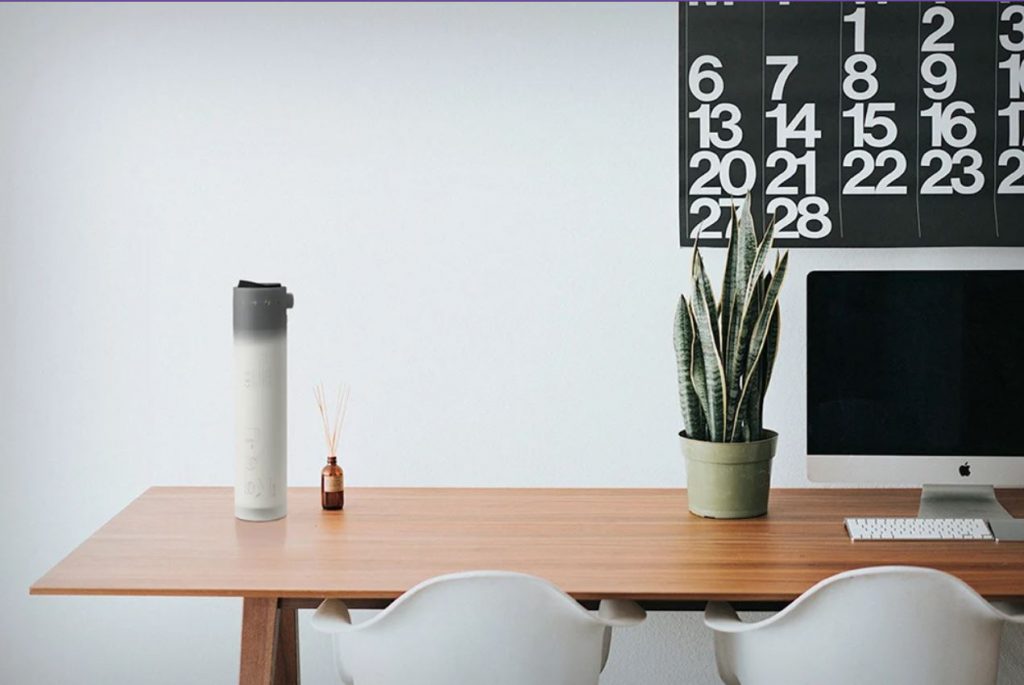Bicycles never go out of fashion. On the wave of popularity of fitness and healthism, bicycles have seen a surge in popularity. While it is encouraging to see more people of all ages discovering the joys and benefits of biking these days, whether it’s for commuting to work or just having fun. Product designers try to keep pace with the trend and develop ingenuous and smart bike accessories aiming to make life of cyclists easier.
